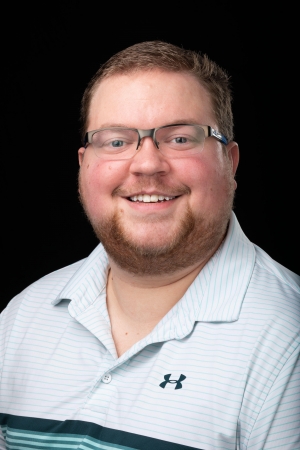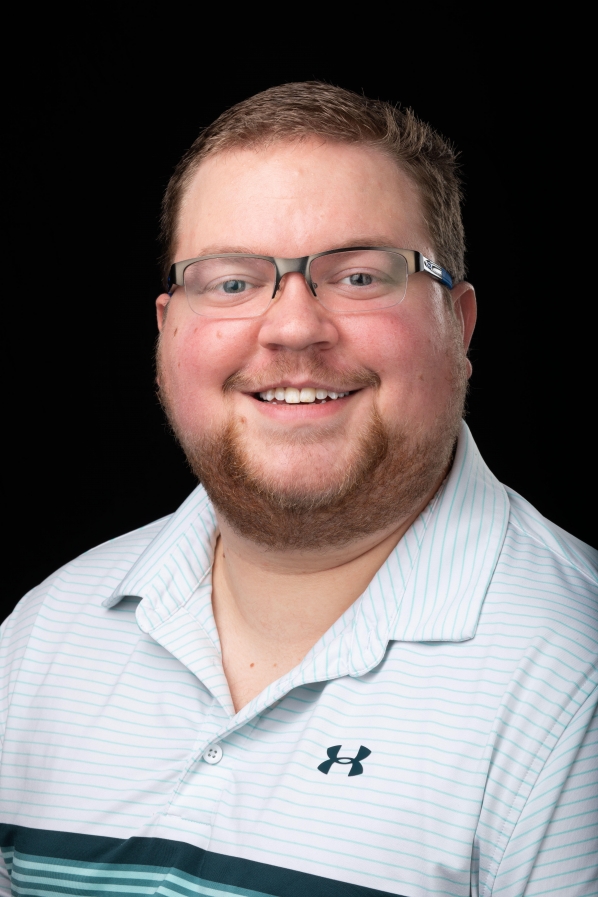How did you become interested in biology?
Biology has always been a special subject for me. I graduated from high school thinking I wanted a BA in Political Science and wanted to go to law school. About halfway through that degree, I realized I didn’t want to practice law. I began taking general education courses for my undergrad degree and just happened to sign up for the first semester of general biology at the institution I was attending at the time. After falling in love even more with biology in that course, I took the second semester of general biology, then took microbiology, genetics, and cell biology and excelling in them all. My genetics professor recommended I look into an institution where I could do hands on research and recommended I visit Dr. Seals and Dr. Ahmed here at App State. I came to visit and had decided within a matter of hours I would get my BS in Cell and Molecular Biology at App. While doing research during my undergraduate degree, I solidified my decisions to continue working in the subject I had always loved so much!
Why did you pick ASU for your graduate degree?
Initially, I thought I wanted to become a medical doctor, however I realized more and more I was interested more in finding out the intricacies of disease and treatments instead of treating patients. I decided to go to graduate school here to continue to develop my understanding of biological pathways and get hands on research experience to make sure this was what I wanted to do. Appalachian State is at a unique position to be able to offer more hands-on experience for undergrads and graduate students, so they’re not cornered into doing research they don’t necessarily enjoy. My decision to choose App State for graduate school was an easy one, as I was already working in Dr. Seals’ and Dr. Ahmed’s labs on projects, and it was a perfect fit!
What is your thesis research focused on?
My Master’s research is in two parts, one reducing metastasis through modulation of immune cells with a virus and two developing a primary cell model to test the conclusions made in our immortal cell line. Cancer cells can coerce immune cells to assist them by secretion of certain cell signaling molecules. One way immune cells help cancers progress is by helping them move through tissues and into the bloodstream via podosomes. Podosomes are membrane structures that reach into and degrade tissues, enabling for easier movement of cells. Our lab uses Vesicular Stomatitis Virus, a virus that normally causes foot and mouth disease in cattle but has been shown to selectively kill cancer cells within humans while leaving healthy cells unharmed. We have shown in previous experiments that VSV can reduce the number of podosomes within immune cells that assist in metastasis and I am investigating the overall impact VSV has on the movement these immune cells within tissues. Additionally, all of the tests we’ve conducted in our lab have been in immortalized cancer cell lines. I will begin collecting human samples, called primary cells, and seeing if the conclusions we have come to in the immortalized lines hold true in primary cells as well.
What are your plans after you finish your Master’s degree here?
After I complete my graduate degree here at App, I want to pursue a doctorate degree in epidemiology to investigate disease development and treatment effectiveness in a myriad of diseases. I hope to use the knowledge I’ve gained in my Master’s to have a more hands-on approach than most epidemiologists and to attempt to understand the actual molecular underpinnings of many diseases and treatments.

